education
Latest

mTiny robot review: Screen-free coding for kids
My five- and seven-year-old constantly fight over who gets the iPad first. We have one, and they get to use it in tiny doses, usually when I'm at my wit's end. Their favorite app? ScratchJr, MIT's go-to coding tool for kids. They like to code. No. They love to code, like the good little 21st-century humanoids they are. They love coding so much and I am so unwilling to give them their own devices that I decided to try something new. It's also something that sounds so counterintuitive it actually might work: screen-free coding.

Apple's Phil Schiller says Chromebooks won't help kids succeed (updated)
Apple's focus might be on its high-end 16-inch MacBook Pro at the moment, but marketing chief Phil Schiller has also chipped in on the lower end of the market -- namely, how he thinks it might affect students. The executive told CNET in an interview that students using Chromebooks are "not going to succeed" in schools due to the systems' limited abilities. The laptops are "cheap testing tools for required testing" that don't properly inspire students, Schiller said. To no one's surprise, he believed the iPad was the "ultimate tool" for K-12 students due to its ability to keep children engaged as well as tools like Swift Playgrounds. "You need to have these cutting-edge tools to help kids really achieve their best results," the exec said.

Amazon offers teachers a place to sell resources they create
Amazon has opened a storefront and publishing platform for people to buy and sell K-12 educational materials. People who create such resources can upload them for others to purchase.

‘Rabbids Coding’ teaches young gamers basic programming concepts
We've seen plenty of games that teach kids the basics of coding, but it's rare to see the big game publishers embrace the "edutainment" sector. The latest coding game, though, comes from Ubisoft, the creators of the Assassin's Creed and Rainbow Six franchises. Rabbids Coding -- which features those demented, titular creatures that are somehow both annoying and cute -- tasks players with creating routines that will repair the Rabbids' malfunctioning spaceship.
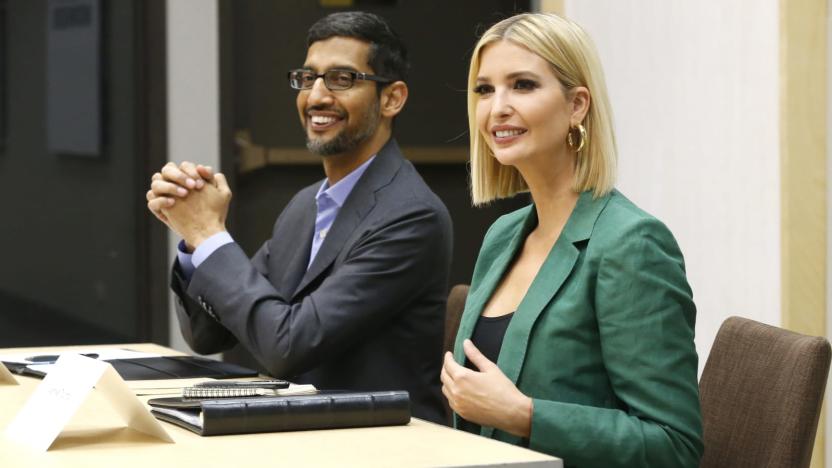
Google and Ivanka Trump unveil a tech job training program
Google is determined to prove that it's a force for job creation, and it's cozying up to some unexpected allies to make that happen. Chief exec Sundar Pichai and Ivanka Trump held a roundtable event where Google announced that it will sign the Pledge to America's Workers, a White House effort to expand work education, and launch an initiative that will create 250,000 training opportunities over five years. Google had technically signed the pledge through its membership in the Internet Association, but this is its first direct commitment.

Kano's latest coding kit is a Star Wars-themed motion sensor
Back in January, Kano revealed that it was working with Disney on a Star Wars-themed coding kit. It's taken a while, but today we finally know what the company -- best known for its colorful Raspberry Pi computers -- has been cooking up: Star Wars The Force Coding Kit. The Bluetooth-enabled motion sensor includes a circular case, printed circuit board with nine LEDs, and two tops that contain Rebel Alliance and Galactic Empire iconography. Once assembled, it can be used to control lightsabers, Porgs and other Star Wars paraphernalia in a companion app that's compatible with Windows 10 PCs, Macs, iPads and Amazon Fire HD 10 tablets.

Duolingo helps history nerds learn Latin
Duolingo is usually focused on teaching languages that are immediately relevant, even if they're only useful at sci-fi conventions. This, however, isn't one of them. The service has introduced a Classical Latin course that, with the help of the Paideia Institute, will help you learn a language that hasn't been commonly used for centuries -- it's not even the Ecclesiastical Latin still used in churches. The learning process works much like it does in other Duolingo courses, although Latin's complexity could pose a serious challenge. It'll be a while before you're translating ancient murals.

Technology alone won't make your kids smarter
Ever plop your kids in front of some purportedly educational screen-based thing because you need 15 minutes of peace? Maybe, like me, you say to yourself, "It's 15 minutes. It's an educational app. It's not so bad. I just need to start dinner." There's nothing wrong with this, in theory. As a parent of two small children, I've learned lots of things. One thing that's helped: Kids love media.

Google's expanded college search helps you explore fields of study
It's a bit late to start looking for colleges for September, but Google is ready to give the spring semester a boost by expanding its college search features. To begin with, there's a new exploration tool on desktop and web (pictured at center) that helps you find US schools based on criteria like their fields of study and location. This includes combined searches -- if you want to find every school in Washington state with a nursing program, you can. It can help you compare aspects like cost and post-school success, and filters can whittle things down based on distance, acceptance rates and similar factors.
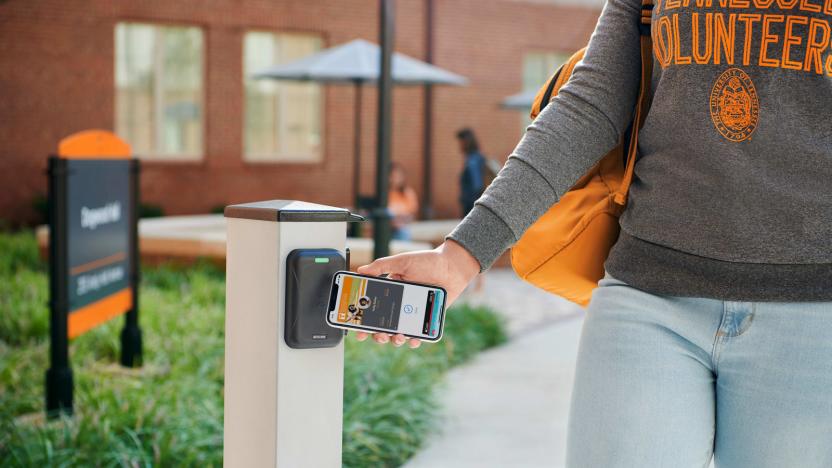
Apple's contactless student IDs come to 12 more schools
A new school year is approaching, and for Apple that means an expansion of its contact-free student IDs. Apple Watch and iPhone owners can tap their devices to access campus facilities in 12 more schools, and these are institutions you'll likely recognize -- Georgetown University, the University of Tennessee and the University of San Francisco are some of the institutions. Considering that tap-based IDs were limited to just seven schools before, this is welcome news if you'd rather not pull out plastic to grab lunch or access the gym.
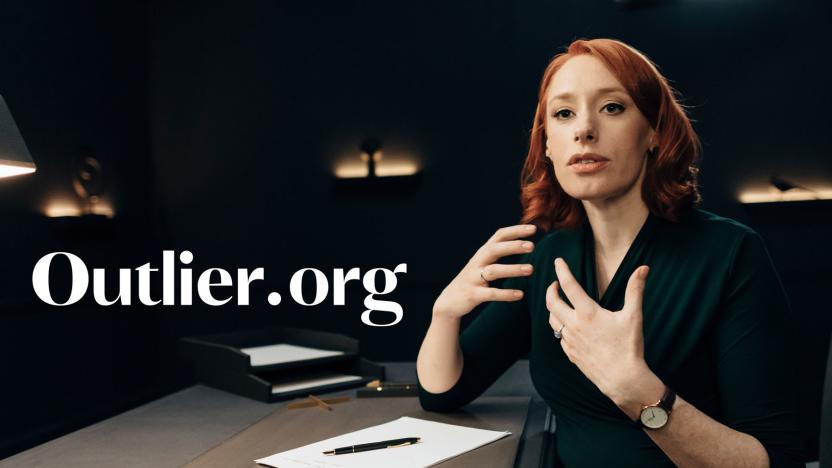
The co-founder of Masterclass wants people to try college courses online
If you've ever seen a Masterclass advert and wished you could do that for your actual degree, then it's a great day to be you. Company co-founder Aaron Rasmussen is launching Outlier, a Masterclass-style site that covers academic subjects you'd cover in real degrees. So, instead of Deadmau5 lecturing you on EDM, you get lessons on Calculus from Professor Hannah Fry (UCL), Professor Tim Chartier and John Urschel, the former Baltimore Ravens guard turned MIT educator and PhD candidate.
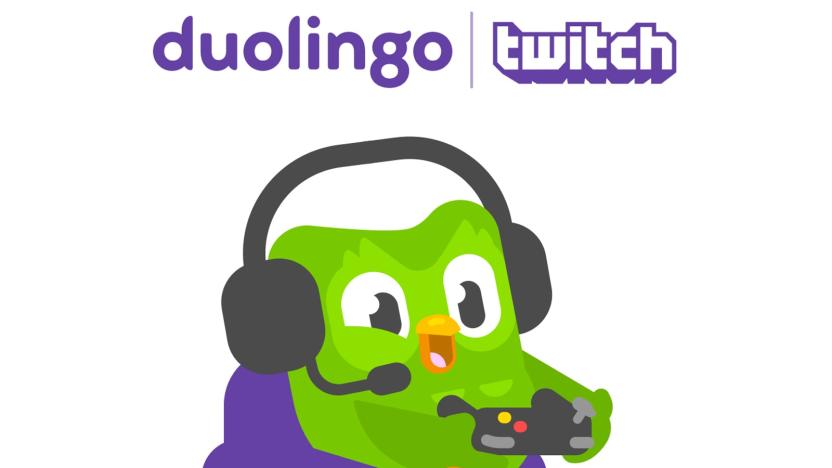
Duolingo and Twitch help streamers teach new languages
You won't have to rely on canned videos if you want to learn a new language through online streams. Duolingo and Twitch are launching a Duolingo Verified Streamer Program that will showcase broadcasters using their channels to teach new languages. Some of them might use Duolingo lessons in their streams, but others will promote the use of other languages in cooking, travel and other real-world situations. They'll also encourage you to practice your linguistic skills in chat.

Apple Music student trials now last for six months
Apple has revealed its back-to-school promotions for this year, and they include a much longer trial period for students who want to try out its music subscription service. Eligible college students can now enjoy Apple Music for six months instead of the usual three at no cost, so they don't have to worry about paying the $5-a-month discounted rate for half a year. According to an internal memo obtained by Appleosophy, the offer is already available and will last until September 26th, 2019.
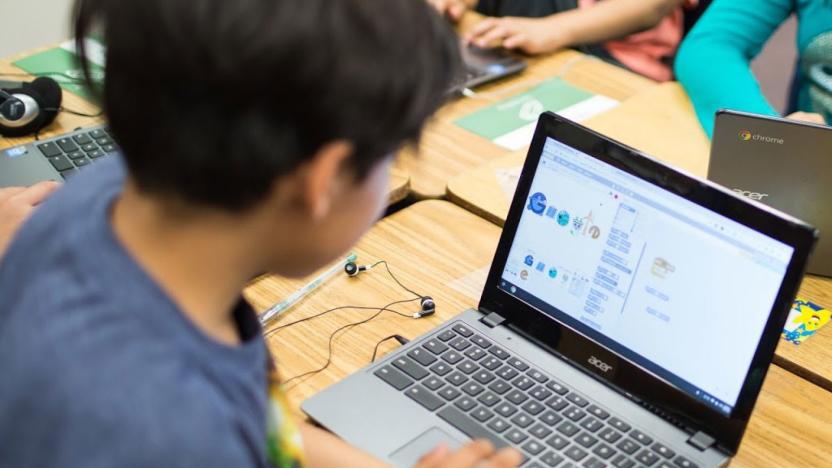
‘Code with Google’ helps bring coding into the classroom
Most American students aren't learning how to code in elementary or middle school -- and if they are, it's likely they reside in an affluent school district. Google hopes to bridge the gaps in computer science education with Code with Google, a free coding curriculum that teachers can use to introduce their students to the basics of coding.

Social media is revolutionizing how scientists interact with the public
The field of science communication -- the practice of informing and educating people about science-related topics -- arose just after the start of the Enlightenment when Francesco Algarotti published his first edition of Newtonianism for the Ladies in 1737. While that bit of 18th century mansplaining doesn't really hold up by today's standards, in the nearly three centuries since, the pace of scientific progress has only accelerated -- with science communication evolving alongside it. The advent of social media, in particular, is an unprecedented, powerful tool for science communicators.
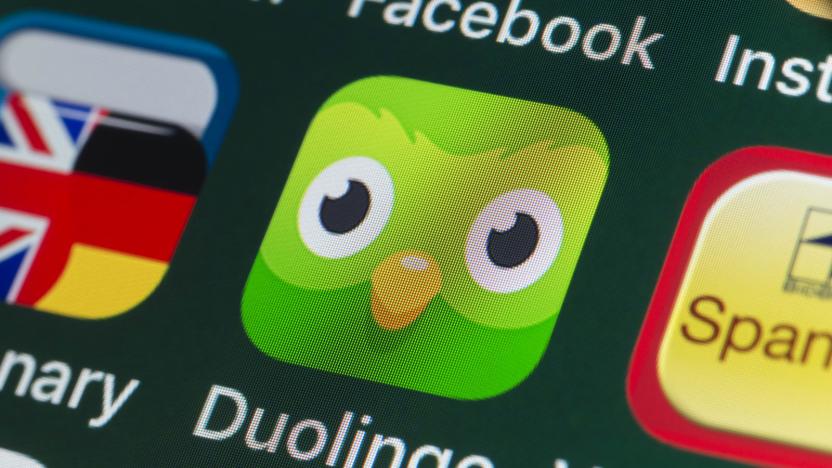
Now Duolingo teaches the world's five most common languages
Duolingo's expanding language repertoire might just help you with a trip to the Middle East. The service now offers a course that teaches Arabic to English speakers -- specifically, a conversational version of the relatively universal Modern Standard Arabic. The program gradually introduces the alphabet, grammar differences and phonetics of the language to ensure that you're comfortable with the relatively difficult-to-learn linguistic structure.

Google's Chromebook App Hub for students and teachers is live
We can argue about the merits and flaws of Chromebooks all day long, but one thing is clear: They've found a strong foothold in the education market. Indeed, today Google is announcing that more than 30 million Chromebooks are in use by students around the world. To help teachers and students get more out of those devices, Google is also announcing that the Chromebook App Hub it announced back in March is live as of today. Given that Chromebooks already have a store for Chrome web apps as well as Android apps, the new App Hub is differentiating itself in several ways. Google said in a press briefing that they've heard feedback from educators that finding useful tools as well as ideas for how to implement them can be challenging. To address that, the App Hub is made up of apps from developers who've agreed to abide by specific transparency and privacy policies so that schools can make sure software abides by their particular requirements.

DJI's first educational robot is a $500 drone tank
Less than a month after launching its first-ever action camera, DJI is now introducing its first educational robot, The RoboMaster S1, which the company says has been in development for two years, was inspired by a robotics competition that DJI has sponsored and hosted for the past five years, called RoboMaster. DJI says that RoboMaster has been a passion project from founder and CEO Frank Wang, who figured the company could use its know-how in computer vision, artificial intelligence and camera technologies to create a robotics product that it could get "into the hands of everyone." The result of that, DJI says, is the new RoboMaster S1, or S1 for short.

A parent's guide to teaching internet common sense
Being a good digital citizen means being a responsible one: educating yourself and your kids about the digital world, participating in it in positive ways, questioning it and using technology as a tool to make the world a bit brighter (and not in some post-apocalyptic-neon-shroom-cloud way). So how do kids learn digital citizenship? The same way they learn how to be good citizens: They watch good role models, and they practice. READ ON: A parent's guide to raising a good digital citizen
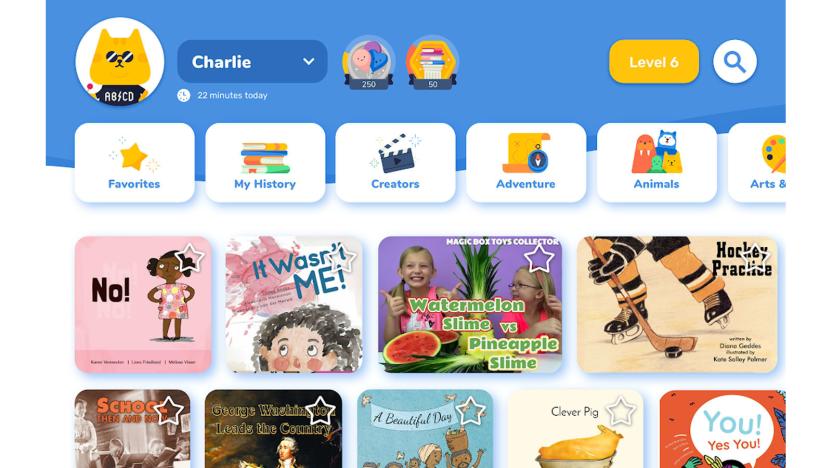
Google's experimental Rivet app helps kids learn to read
Far too many kids struggle to read at an age-appropriate level, but Google is betting that technology could help them get up to speed. The company's experimental Area 120 unit has released Rivet, an app for Android and iOS that aims to make reading practice both accessible and rewarding. It offers more than 2,000 books ranked by difficulty, and uses speech technology to coach kids on their pronunciation. Rivet can read words or whole pages, highlighting words as it goes along, but it can also listen to a child's own reading and offer feedback on the words they didn't get right.











